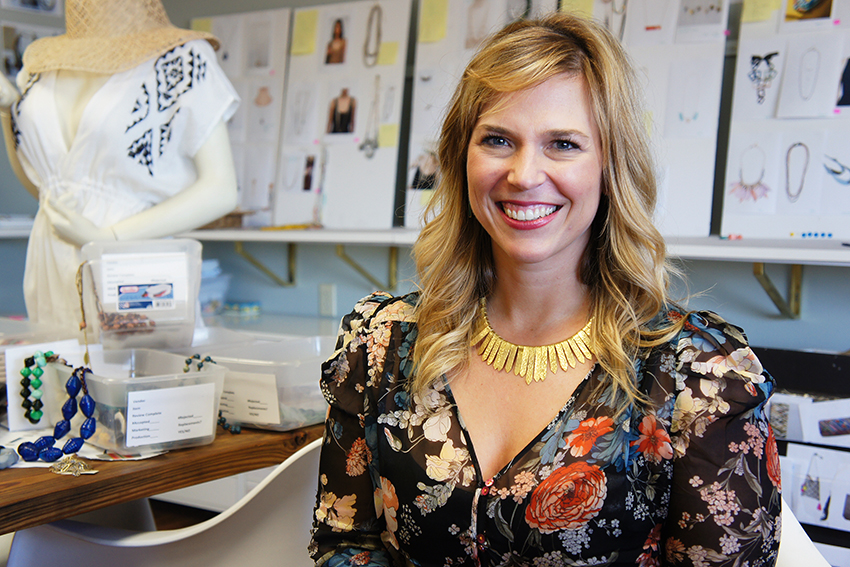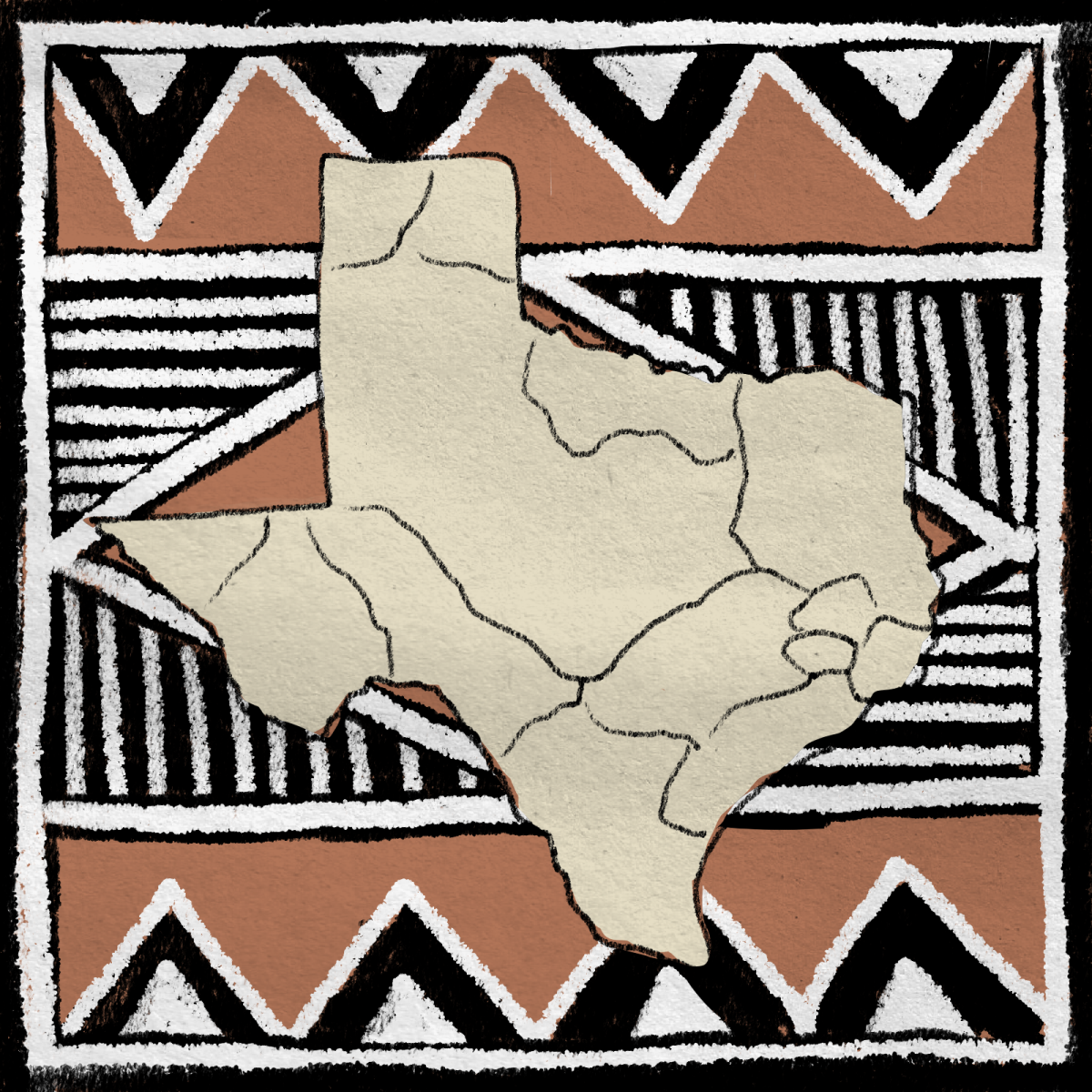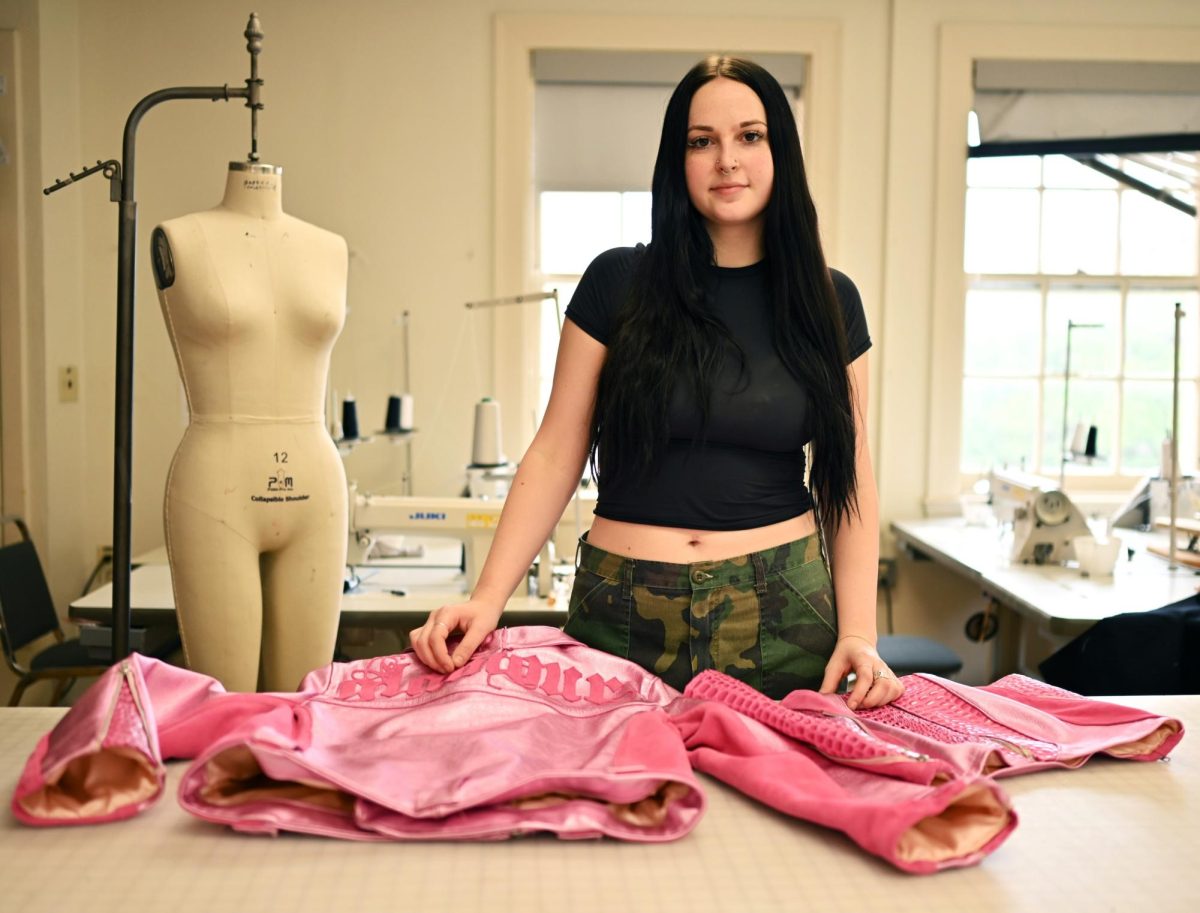UT alumna Jessica Honegger has seen some of the poorest countries in the world, and after witnessing the effect of poverty on families, she found the solution was something present in everyone — a powerful, entrepreneurial spirit.
After a trip to Uganda in 2010, Honegger began selling handmade jewelry made by Daniel and Jalia, a couple she met in Uganda, in trunk shows — marketplaces she held in her home. The sales served to both relieve poverty in the couple’s community and to help raise money for Honegger’s adoption process, as she struggled to afford bringing home her son, Jack, from Rwanda.
The shows gained popularity, and Honegger expanded the business model to create Noonday Collection in 2011. Today, over 1,000 Noonday ambassadors across the United States sell handmade products made by artisans from Vietnam, India, Uganda, Peru and Ecuador, creating business opportunities for poverty-stricken communities. The products — jewelry, scarves and bags — are sold at trunk shows in the ambassador’s hometown, where a portion of sales is also donated to support families adopting children.
“People loved the product [and] loved the story,” Honegger said. “They loved the idea of gathering together, walking into someone’s home and really experiencing a connection.”
With strong roots in philanthropy, Honneger spent several years after graduation working in Latin America for Food for the Hungry, an organization that aims to end world hunger.
Her career eventually led her to Uganda. where she met the two jewelry makers, Daniel and Jalia, who inspired Honegger to host her first trunk show. They lived nomadically and struggled to provide for their children, but after the first trunk show, their partnership expanded. Today, Daniel and Jalia run a business of over 80 artisans, own a home and drive their own cars to work.
“It’s about creating dignified work for people and empowering women,” Honegger said. “It’s really enabling people to use their purchasing power for good.”
Honegger said hundreds of families looking to adopt also benefitted from the trunk shows. Ambassadors have the option to dedicate 10 percent of their trunk show’s profits to an adopting family. In 2011, Sara
Brinton, now the Noonday Collection marketing director, held a trunk show in Seattle, which helped relieve the court fees she faced in finalizing her daughter’s adoption in Uganda. As one of the company’s first ambassadors, Brinton said she wanted to empower other women across the country and partnered with Honegger to start the ambassador program.
“Being an ambassador made a difference in our community and helped families adopt, but it also really changed me,” Brinton said. “[I love] knowing the ambassador opportunity is unleashing over 1,000 women across the country to experience that kind of growth and to use their strengths in new ways.”
Noonday Collection provides women empowerment programs, in which women in countries that rank very low on the gender index, such as India, are taught their rights. Honegger said this enables women to escape abusive relationships or apply for certain jobs.
Honegger said she plans to expand the program to double in size by the end of 2016, reaching 2,000 women across the country. The group has plans to pair with organizations in Southeast Asia that work to bring women out of human trafficking and create jobs for them.
“We’re building a flourishing world where women are empowered and children are cherished,” Honegger said. “Where people have jobs and where we are all connected.”





















